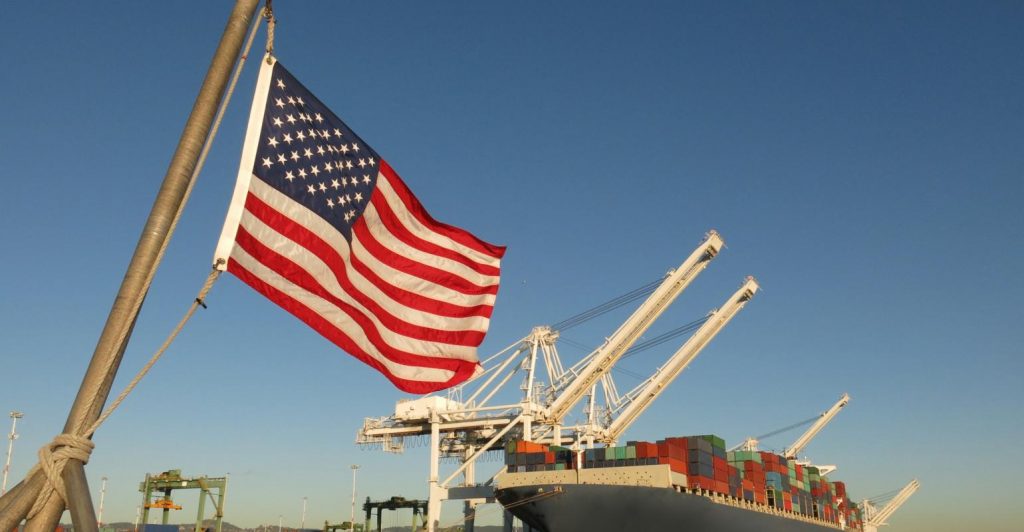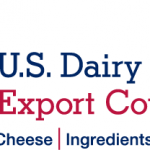
U.S. dairy exports have increased more than 600% since 1996, but the U.S. is falling behind in reaching tremendous untapped potential overseas, National Milk Producers Federation president and chief executive officer Jim Mulhern said during a virtual town hall held this week.
“In far too many markets, we’re seeing growing opportunity gaps due to our competitors’ aggressiveness in racking up new trade partners,” he said. “The fact is, from a trade policy standpoint, we’re actually falling behind our competitors, particularly the European Union. The United States cannot let these opportunities with key ag importing markets slip away.”
For dairy, this means faster progress and much more of it in advancing fairer trade rules and expanding market access.
“America’s dairy farmers help produce high-quality dairy products that are renowned around the world. These exports drive economic growth here at home and create new jobs in rural communities that have borne the brunt of years of recession. We cannot accept unjust trade barriers that limit our export dairy market access,” Mulhern said.
The dairy industry is counting on the U.S. government to help open new doors and strengthen international supply chains through a robust and forward-leaning trade policy, he said.
Currently, 15-17% of U.S. dairy production goes into exports, and this is expected to grow, which is critical.
“If we didn’t have that export access, think of that product backing up into the U.S. market, having to find a home for it here, and what that would do for our prices,” Mulhern said.
Jeff Schwager, president of Satori Cheese, pointed out that the EU is way ahead of the U.S. in getting bilateral trade agreements in place. The EU also is not only trying to keep the U.S. locked out of the home market but also out of other markets around the world, he explained, adding, “For the cheese we ship to Europe, we pay more in duty per kilogram than the Europeans pay to export their cheese to the United States. What’s fair in that?”
The trade war with China also has led to large retaliatory tariffs on cheese, which dramatically reduced Satori’s exports to China. Further, Schwager said new and existing customers are afraid to work on new business because they don’t know what the tariffs will be going forward.
The U.S.-Mexico-Canada Agreement is an improvement, but Schwager said U.S. cheese is still at a disadvantage in Canada because “they have a bilateral trade with the EU that is more favorable for cheese than with us, their closest neighbor.”
If fair trade agreements that allow the U.S. to compete equally are achieved, Schwager said American dairy will dominate every market, bringing better, more consistent milk prices that will boost the rural economy overall.
“If this doesn’t occur, you’re going to continue to see more dairy farms and processors go out of business,” he warned.
Mulhern said it is important that the U.S. match the EU’s aggressiveness in trade policy.
“The EU has been so aggressive in their bilateral negotiations around the world; it’s going to take quite a while for us to try to get that turned around,” he said, adding, “I ultimately think it will, but we have to first of all make it a cornerstone of our trade policy approach, both in our bilateral negotiations and to push back with the EU.”
Tom Vilsack, president and CEO of the U.S. Dairy Export Council, emphasized the importance of policy-makers continuing to not only advance new trade agreements to further open markets for U.S. dairy but also enforcing the agreements that are already on the books.
























